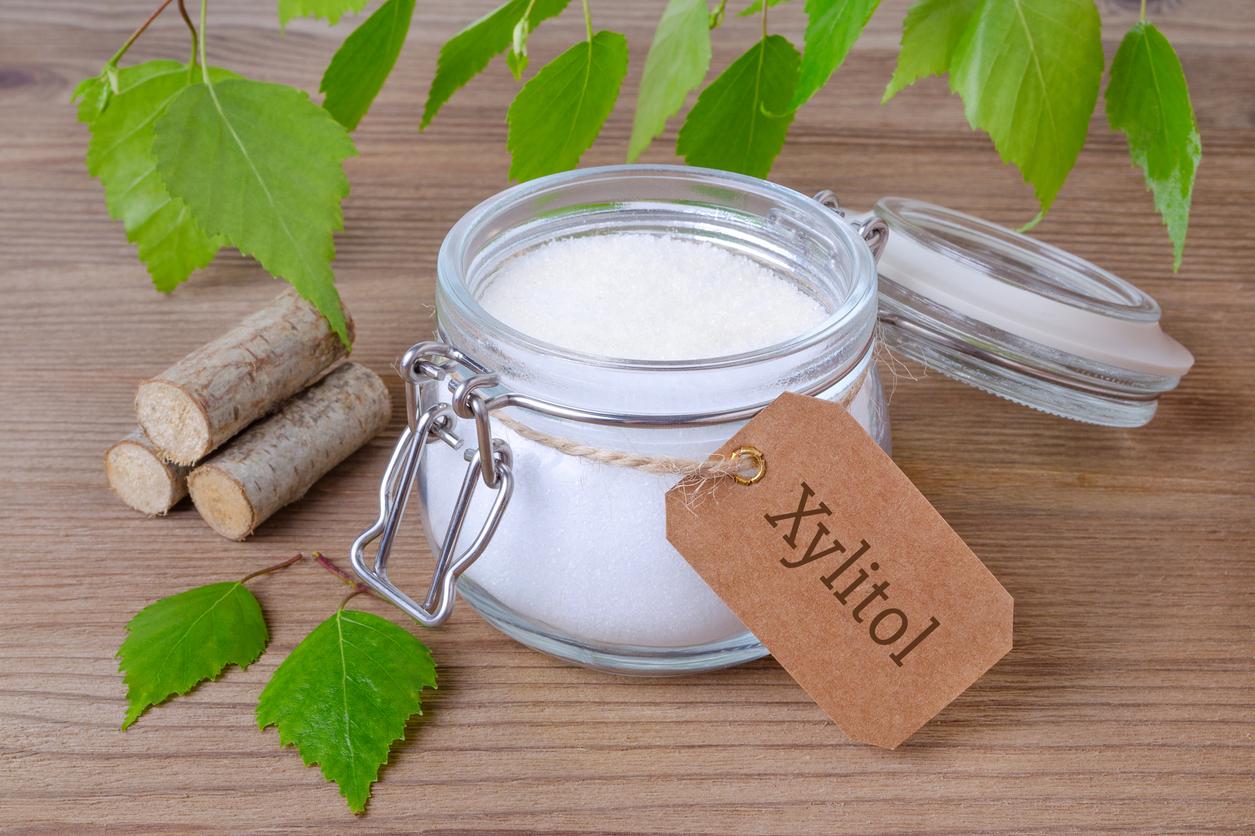A new study links xylitol, a sugar substitute, to an increased risk of heart attack and stroke.

- Xylitol is a sugar substitute found in candy, chewing gum, processed foods, and products like toothpaste.
- This sweetener is associated with an increased risk of heart attack and stroke, according to a new study.
- In the studies, its consumption significantly increased plasma levels in healthy volunteers.
Xylitol is a sugar substitute used in candy, chewing gum, baked goods, and products like toothpaste. Over the past decade, the use of sweeteners in processed foods has increased dramatically. In a study, researchers at the Cleveland Clinic (USA) wanted to analyze its effects on cardiovascular health.
Xylitol increases risk of heart attack and stroke
For research purposes, published in the journal European Heart Journalthe team performed metabolomics tests on plasma samples from 1,157 fasting people who underwent cardiac assessments. Further analyses were performed independently on 2,149 adults. Additional isolated tests on human platelets, plasma, blood, and animal models examined the effect of xylitol on platelet reactivity and blood clot formation. Finally, in one experiment, 10 healthy volunteers were asked to consume either a xylitol-containing drink or a glucose-based drink to assess the effects of xylitol consumption on platelet function.
The results showed that high levels of xylitol were associated with an elevated risk of cardiovascular events, including heart attacks and strokes, over three years. According to the authors, consumption of a xylitol-containing beverage significantly increased plasma levels and improved multiple functional measures of platelet reactivity in all participants in the experiment.
“Be aware that its consumption could increase the risk of events related to blood clots”
“This does not mean throwing away your toothpaste if it contains xylitol, but we must be aware that consuming a product containing high levels could increase the risk of blood clot-related events. (…) This study once again shows the immediate need to study sugar substitutes and sweeteners, especially as they continue to be recommended to combat diseases such as obesity or diabetes,” concluded Stanley Hazenco-author of the work.

















